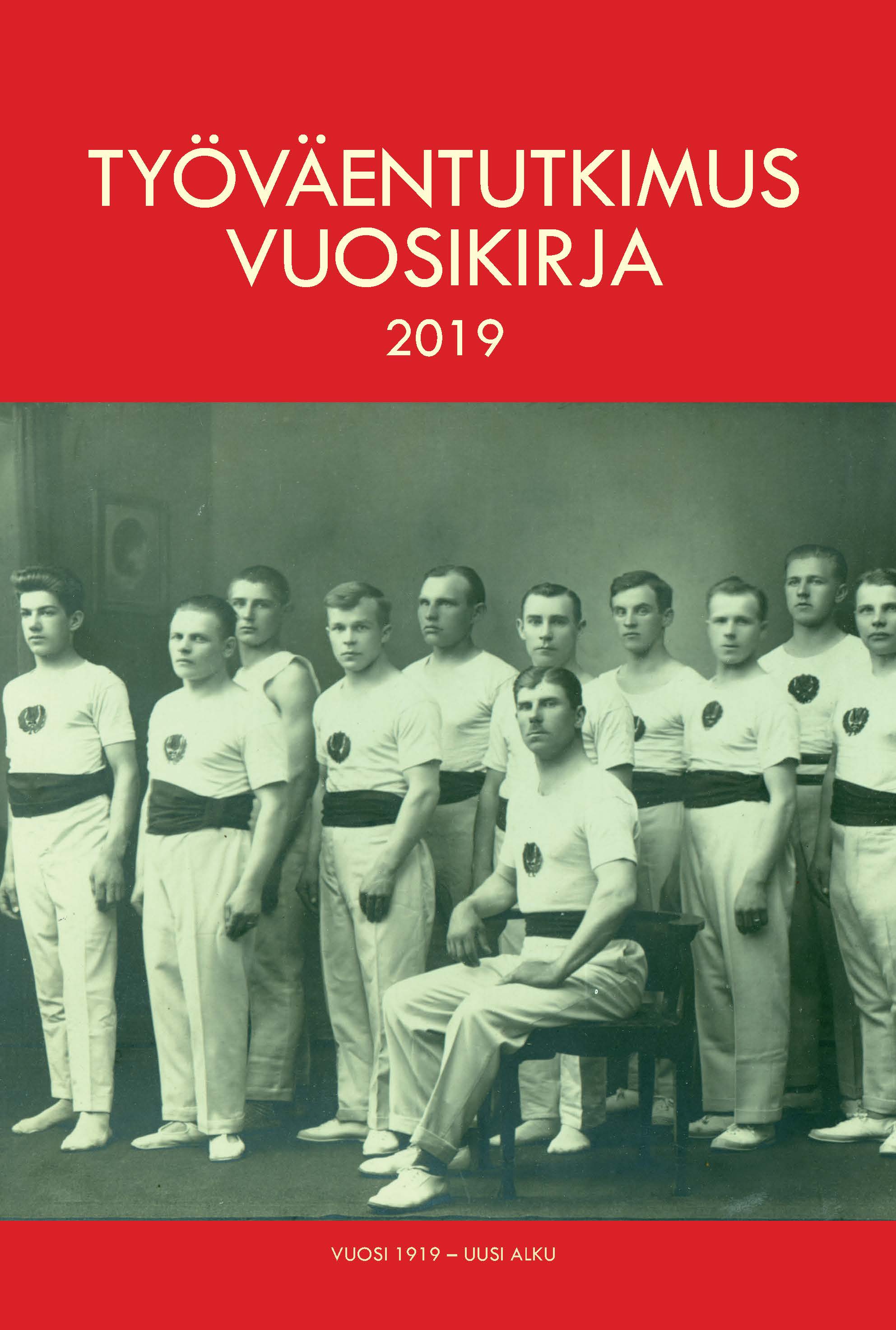"Kaikkein tärkeimpiä etuja..." - Havaintoja työväenliikkeen suhtautumisesta oikeusavun järjestämiseen
DOI:
https://doi.org/10.37456/tvt.85665Abstrakti
This article examines the Finnish labour movement’s attitudes towards legal aid in the beginning of the 20th century. Internationally, industrialisation and urbanisation in the 19th century gave new momentum to reorganising legal aid. In Finland, legal aid was first established in the 1880s when Helsinki appointed an advocate for the poor. Around the turn of the century, workers’ newspapers wrote critically about the poors’ advocates who were employed by the municipalities and who they felt did not always treat workers appropriately. Papers also gave examples from other countries where workers’ associations had organised legal aid for their members. In the 1910s, the Social Democratic Party and the Finnish Trade Union Federation founded a workers’ law office providing legal aid free of charge. In addition, some private law firms were established calling themselves “workers’ law firms”. The developments of the early 20th century show how the workers’ movement actively tried to take the legal aid into its own hands.





